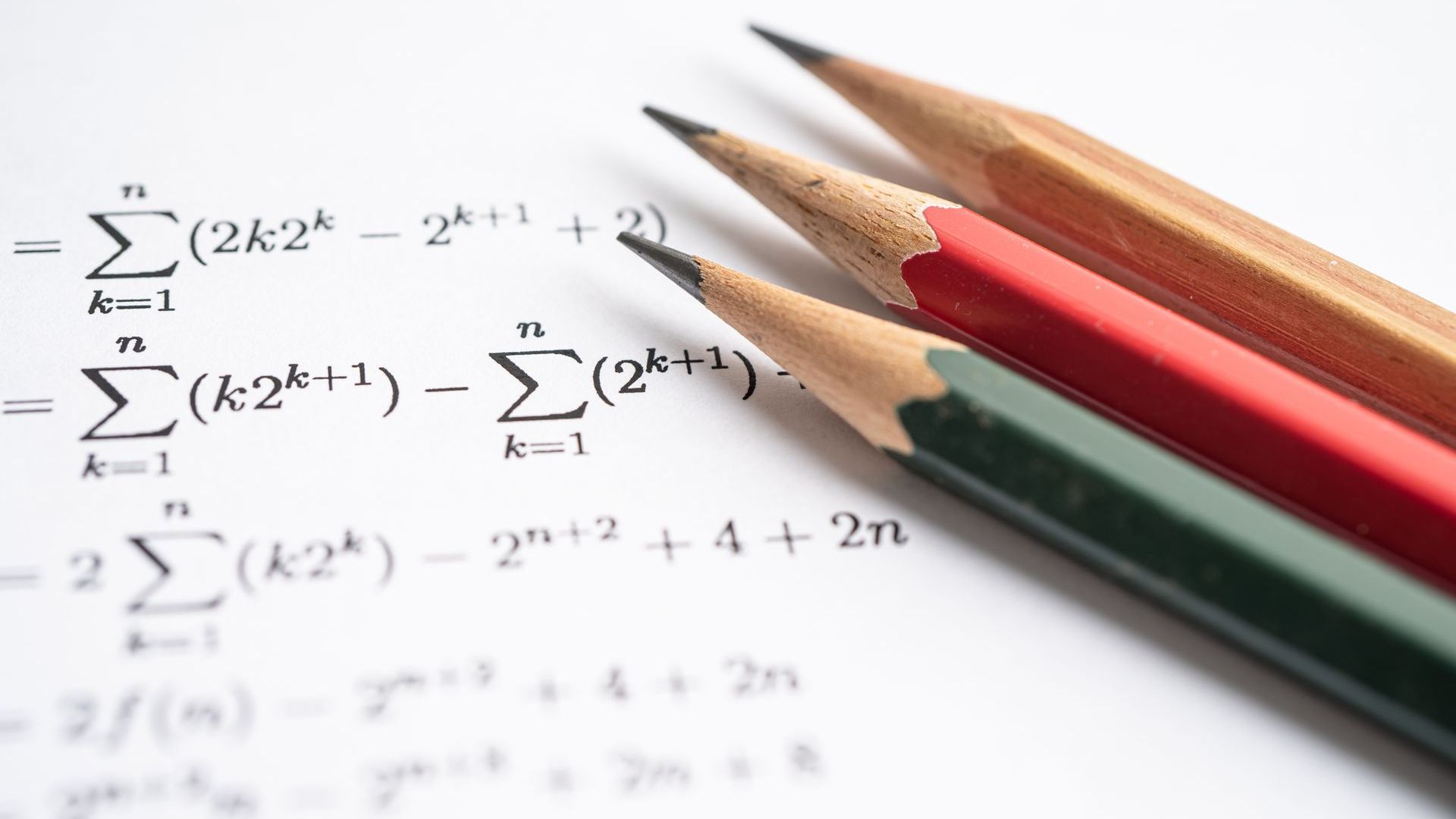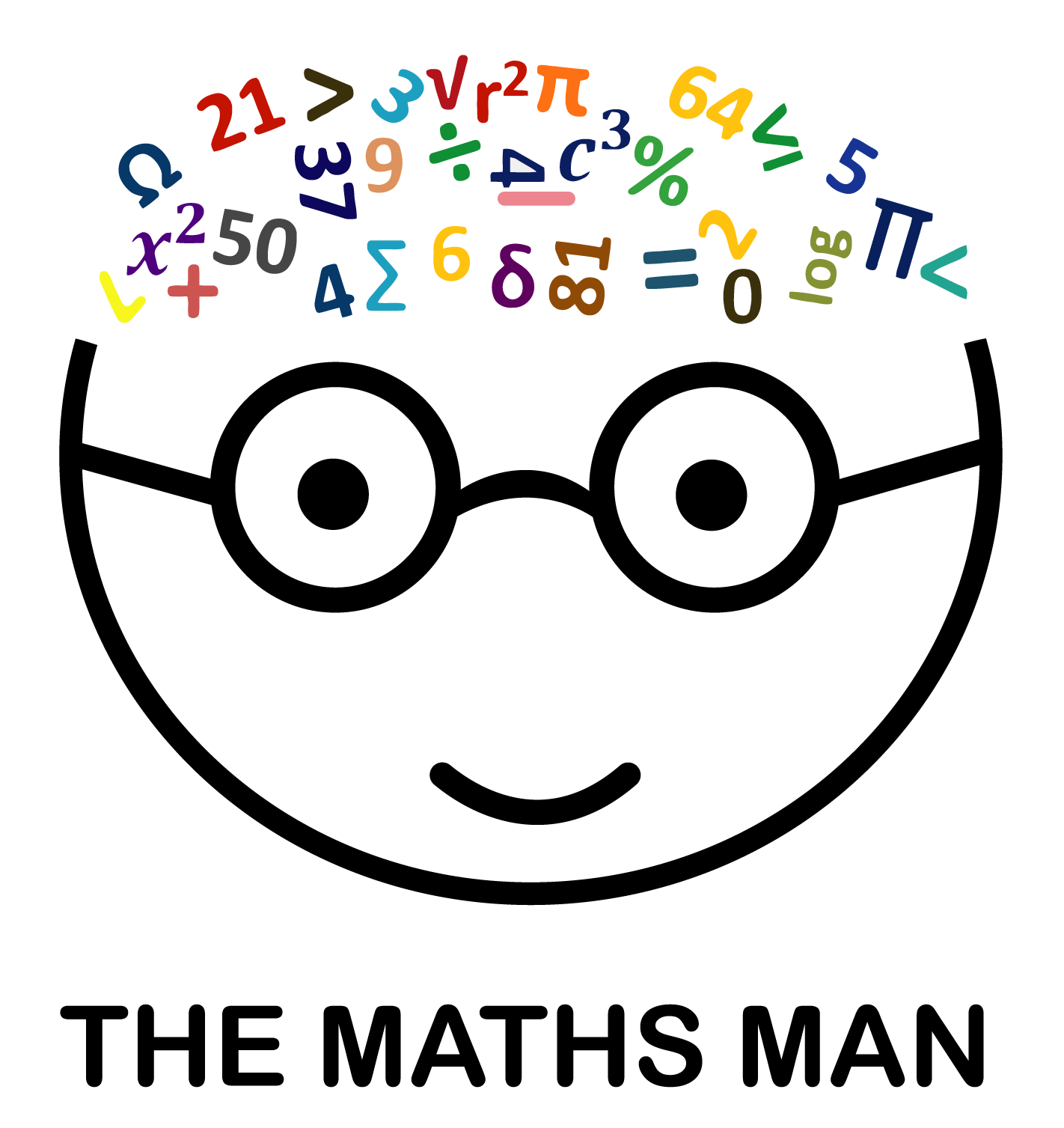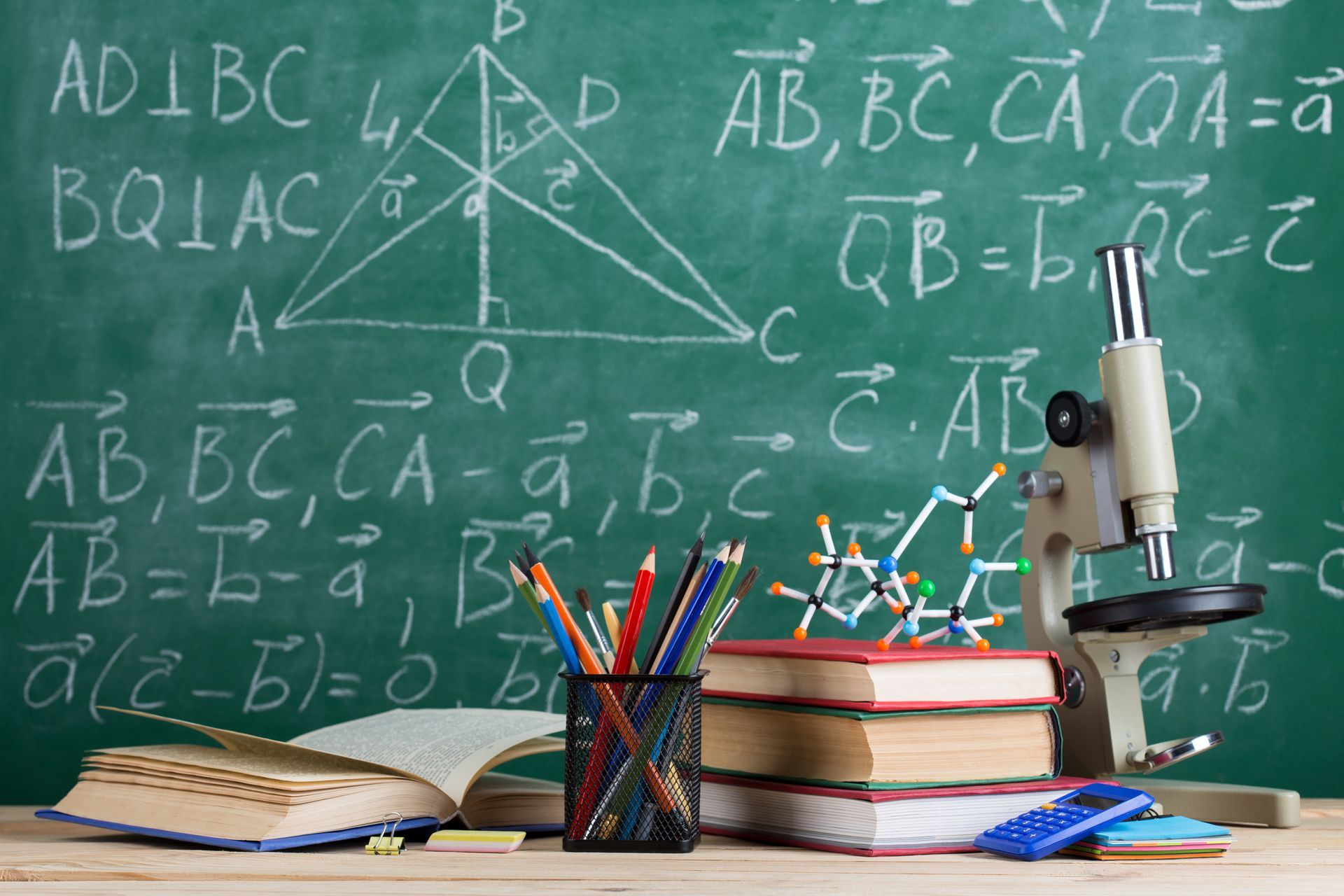Achieve Success in GCSE Maths
Tuition Tailored To Your Learning Style
Whether you’re a learner who benefits from visual aids or someone who prefers a more structured, theoretical approach, I design my lessons to meet you where you are and help you move forward with confidence. My tuition is built to make complex concepts accessible when it comes to GCSE Maths, ensuring you have all the tools to achieve academic success.


Benefits of Tuition
Succeeding in Exams
Preparing for exams can be stressful. My tuition aims to alleviate worries about ill-preparedness and instead help students feel confident about reaching their exam goals. From getting a firm grasp of the curriculum to knowing how to approach a paper, I provide them with the tools to achieve their potential.
Getting Confident with Maths
Classroom style teaching does not suit everyone. It can also have consequences on confidence or enjoyment levels when it comes to complex subjects like maths. That’s where personalised tutoring can step in, ensuring you can learn in a style that suits you.
Preparing for A-Levels
Taking the next step in education can be an intimidating step. I’m here to help young learners do more than just master the basics, instead supporting them by simplifying the more advanced concepts they’ll approach in A-Levels.
Chris has been a fantastic tutor for my son’s 11+ maths and my daughter’s GCSE maths and chemistry. My son has even been accepted for every school he sat and really enjoyed his lessons with Chris. My daughter has very much improved and is confident in these subjects now. I very much recommend Chris!
ALYSON JONATHAN MOSS
Support with GCSE Maths & IGCSE Maths
GCSEs are the standard qualification taken by school students aged between 14-16 in the UK. In the UK, there are usually 2 options available to schools, the GCSE Maths qualification or the IGCSE (International GCSE Maths) Maths qualification. Being an international qualification, the IGCSE course can be taken worldwide.
Exam Board Overview
While the exam board is often up to the school or academic organisation, there are some key similarities and differences to remember. Exam boards for GCSE Maths in the UK typically include AQA, Edexcel (Pearson), OCR, and WJEC/Eduqas. Each board has its own specifications, structure, and assessment methods. Here’s a comparative overview:
Key Differences
Number of Papers
Most boards have three papers, while WJEC offers two for its main specification.
Duration of Papers
WJEC papers are longer (2 hours each) compared to the typical 1 hour 30 minutes for other boards.
Content and Weighting
While the content coverage is similar, the weighting of topics and specific focus are¬as can vary slightly between boards.
Question Style
The style and format of questions can vary, with some boards having a reputation for more application-based questions (e.g., Edexcel) and others for more straightforward, technique-based questions.
Go Further with Maths
Whether you want a challenge in Further Maths or are looking to take the next step with
A-Levels, my tuition is built to help you delve deeper into mathematics.
Let’s Get Started
If you’re looking for a tutor who will not only teach but also inspire, I would love to hear from you. Let’s work together to unlock your full potential in maths. Whether you’re aiming for exam excellence or simply need a little extra help to build your confidence, I’m here to help you succeed.





